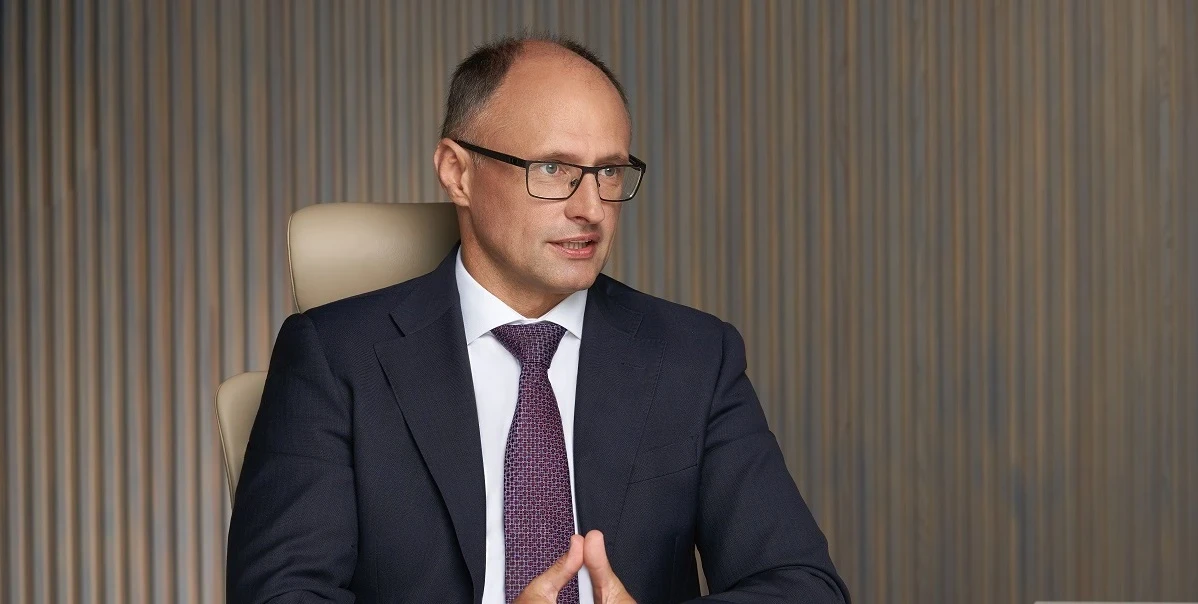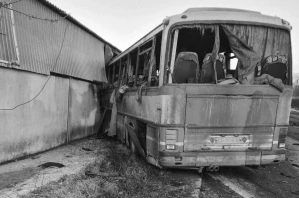A vital component of the international partners' decision to provide humanitarian or technical assistance to the public or private sector is the presence and effective operation of a compliance system to prevent the risks of fraud and corruption. This was said by Oleksiy Povolotskyi, head of corporate governance and compliance of DTEK, speaking at the international online forum "International compliance & business ethics".
"Today, Ukraine receives large amounts of humanitarian aid. For donors, the key is whether it is used for its intended purpose and in full. Therefore, the free provision of goods, services, finances and other types of assistance requires careful monitoring to exclude corrupt or fraudulent activities. This is possible only if there is an effective compliance system,"
said O. Povolotskyi.
According to him, donors are interested in ensuring that the aid allocated by them is delivered and used by the recipient as quickly as possible, and that the decisions on its distribution are as transparent as possible. The head of corporate governance and compliance of DTEK also noted that the recipients of humanitarian aid must undergo a detailed inspection, as well as provide transparent reporting, which will ensure targeted control over the use of rubber aid.
"Many large international organizations may refuse to provide humanitarian aid, grants or funding if, based on the results of the inspection, they come to the conclusion that the recipient organization does not have systems, procedures, internal controls or methods sufficient for the proper management of the received resources," noted O. Povolotskyi.
He also said that DTEK has a clear system of distribution of humanitarian aid. In particular, before submitting an application for consideration by the DTEK Anti-crisis headquarters, recipients of humanitarian aid undergo a thorough check by the compliance and security function. In addition, a register of the provided humanitarian aid is maintained, and the recipient is obliged to report to DTEK on the humanitarian aid’s use, including by providing photo/video materials.
"Ukraine needs the help of international partners in order to rebuild its economy and infrastructure that have been destroyed by russia’s full-scale invasion. Almost every Ukrainian company at this point is working on building channels for receiving humanitarian aid in order to achieve the aim of rebuilding the country. Compliance control and active compliance function supervision over humanitarian aid activities is clearly inspiring confidence among donors. And this, in turn, increases the chances of assistance.," concluded O. Povolotskyi.







